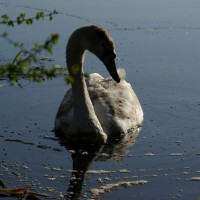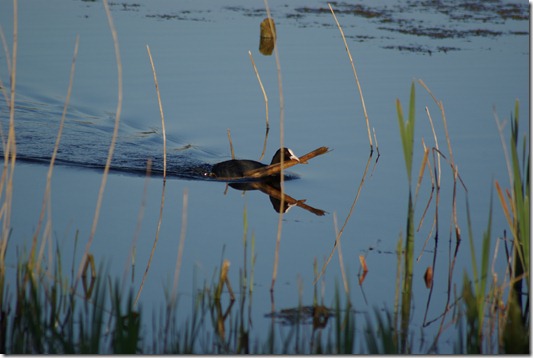Competitions, women and the RSPB

As some of you know, I recently entered the RSPB Rainforest Reporter competition. All the details are on the Together for Trees website. I managed to get to the regional semi finals last week by writing a piece on the importance of the Rainforest and a few other topics. I was pretty impressed with myself as there were only 25 semi finalists and I have only been publishing since Nov last year. I did not make it to the top five but I have had a lot of fun along the way. The semi finals involved putting up a tent – not a problem to a festival goer, reporting to camera and conducting an interview. All achieved. Phew. Details of my semi final day have been reported by Annabel Rushton of the RSPB at Leighton Moss.
I was really interested to see the demographic of the competitors and now the finalists. Ages are posted with photos and details of all and out of 25 I was the ‘most mature’ by 20 years! The youngest was 19. But there were only 6 male semi finalists. The finalist were chosen by region, Scotland, Wales, Northern England, Southern England and the Midlands. Now the 5 finalists have been announced they are all between 23 and 28 and 2 are female.
It was a really interesting journey and I learned a lot, not just about the competition experience. All the regional finalists received a Media Pass for the RSPB giving free access to reserves until the end of the year.
Until entering the competition I had not realised how much work the RSPB do in conservation both in the UK and overseas. They do not just care for birds. In the areas of the rainforest, for example, they provide education and health care for the indigenous population, encouraging forms of sustainable employment which will not destroy the natural environment.
Another plus for female ‘eco-worriers’ – the RSPB was started by women in Manchester as a protest group to prevent birds being killed purely for their feathers, which were then used to decorate hats.
After discussing all of this with Annabel I felt so guilty that I ended up ‘making a contribution’ for a full annual membership. Contribution because the RSPB realise that some people just cannot afford substantial membership fees and they were losing members. Education is a key to environmental protection, and giving people the flexibility to just give what they can, keeps members and keeps open lines of communication, especially to the young.
So, thank you RSPB – I will make full use of my media pass, and women, keep entering those competitions! And the rest of you – join the RSPB!
Remember to look here for books on birds, and anything else.

